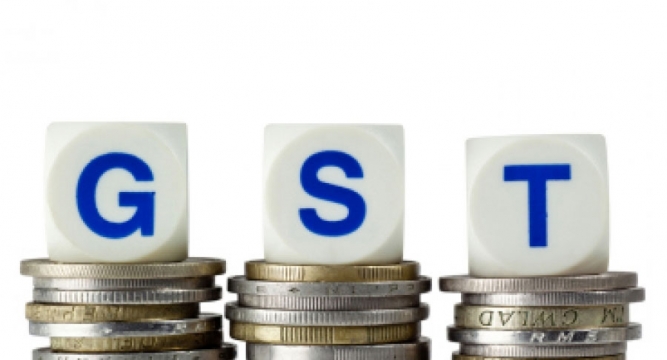 Most goods and services in New Zealand are subject to GST at the rate of 15%. We clarify the general rules for New Zealand businesses regarding who must register for GST, and explain the different accounting and filing methods.
Most goods and services in New Zealand are subject to GST at the rate of 15%. We clarify the general rules for New Zealand businesses regarding who must register for GST, and explain the different accounting and filing methods.
GST Registration
You can voluntarily register for GST if you are in business.
It is compulsory to register if you are in business and you fall under any of the following three categories:
- Your turnover (excluding GST) for the previous 12 months was more than $60,000; or
- You expect your turnover (excluding GST) for the current month and the next 11 months to be more than $60,000 in total; or
- GST is included in your prices.
Note that if you provide goods or services or leased assets to associated parties, these are deemed to be provided at market value and this can cause the $60,000 threshold to be met.
Frequency of Filing
When it comes to filing your GST returns with IRD, there are three options available.
- Monthly: GST returns are completed every month. This option is available to anyone, but it must be adopted if annual turnover is over $24 million in any 12 month period. Monthly return filing is also suitable if claiming regular GST refunds.
- Two-monthly: GST returns are completed every two months. This option is available to anyone.
- Six-monthly: GST returns are completed for six monthly periods. This option is only available if:
a. Your turnover (excluding GST) in the last 12 months was less than $500,000; or
b. Your turnover (excluding GST) in the next 12 months is not likely to be more than $500,000.
Accounting Basis for Returning/Claiming GST
The accounting basis is the method you use for claiming and returning (“accounting”) your GST. Generally at the time you register for GST you will select from one of three options to use as your accounting basis.
Payments Basis
GST is returned or claimed in the period when you receive or make payment. This option is only available if:
- Your turnover in the last 12 months was $2 million or less; or
- Your turnover in the next 12 months is not likely to be more than $2 million.
Invoice Basis
GST is returned when you issue an invoice to your customers or receive payment, whichever happens first. GST is claimed when you receive an invoice from your suppliers. This option is available to anyone.
Hybrid Basis
GST is returned on income using invoice basis, and GST is claimed on expenses using payments basis. This option is available to anyone but is not very commonly used as it can potentially get quite complicated.
Please contact us if you have any questions regarding your GST requirements. Please also note that if you are not a New Zealand business, then special GST registration rules may apply and you should contact us for more details.
